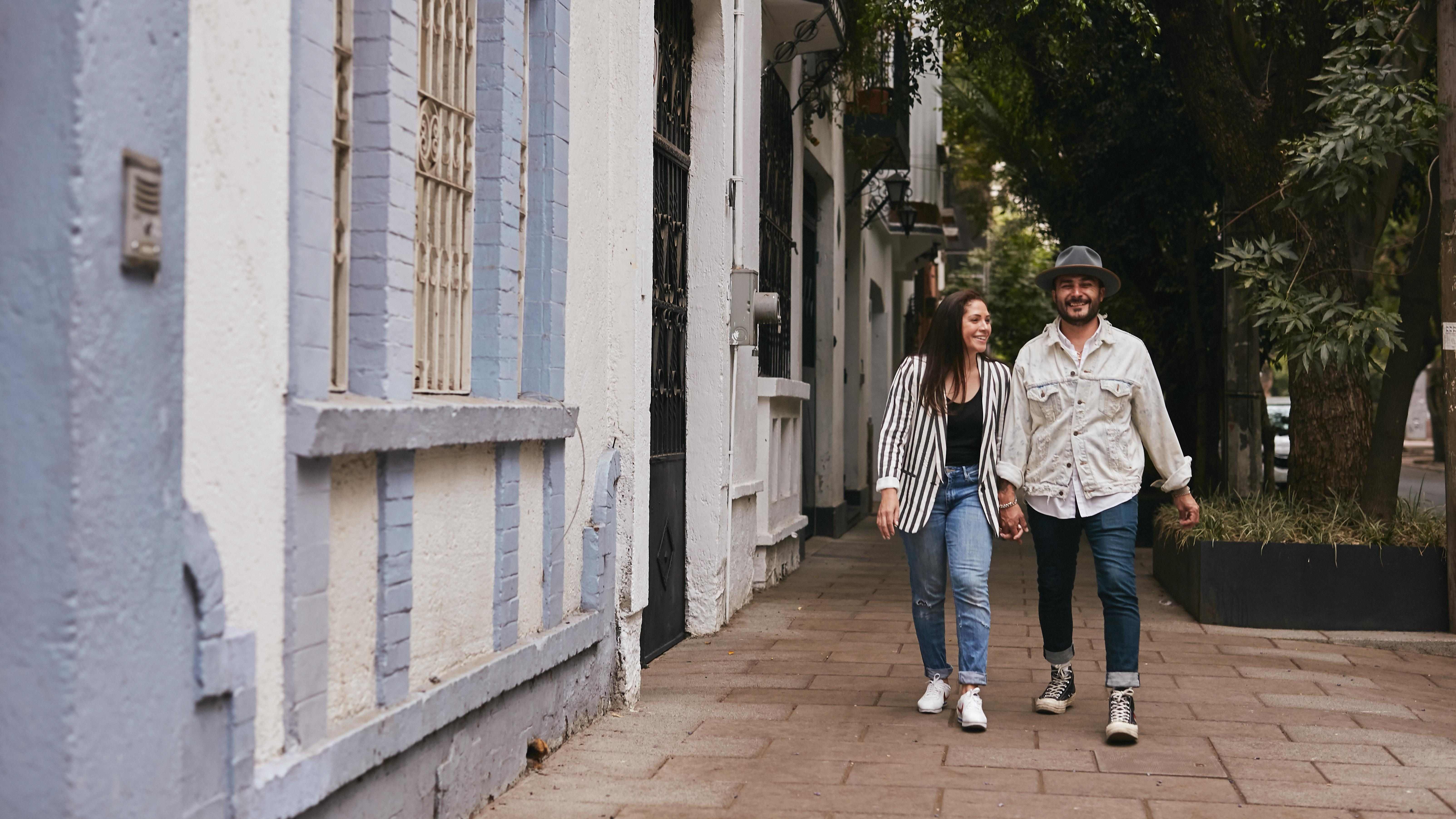How to keep control of your finances in marriage
Once you have taken a look at your current financial situation and drawn up a budget, here are some practical ways to keep control of your finances as a couple.
Appoint a financial director
Setting a budget is one thing; sticking to it is quite another. It is helpful to decide which of you is best equipped to keep track of the finances, to pay the bills and to initiate a regular review.
Watch the credit card
For many people, the greatest difficulty in keeping their spending under control is the credit card. There are two dangers. One is that you do not feel as if you are spending real money. The other is that there is no automatic means of keeping track of how much you have left in your budget. Some couples have therefore cut up their credit cards and reverted to cash or using a debit card that has no overdraft facility. Though less convenient, it has enabled them to control what they spend and has prevented a great deal of conflict in their marriage.
Implement guilt-free spending
Here is one easy system with 10 steps for spending money as a couple without feeling guilty.
1. Take a clear page. Keep a record of the total amount of money you have allocated for essentials (food, chemist, etc) this month.
2. Every time you spend money on essentials, make a note of it, deducting it from your total. Both of you have to confess.
3. If you take money out of the cashpoint, deduct that also. It is easy to forget cashpoint withdrawals, especially if you want to.
4. At the end of one week, see how you are doing. Are you going to have to cut back next week or can you relax a bit? Be honest with yourselves. Put the steak back if necessary.
5. Start a new page at the beginning of each week with your new total. Keep deducting anything you spend on essentials.
6. In the last week of the month it is not uncommon to lie, to give up or to eat a lot of baked beans. (They are very good for you, apparently.)
7. Other expenses such as new clothes and going out can be categorised (sadly) as non-essentials.
8. Note: We don’t have to buy non-essentials. We will live (albeit painfully) without the takeaway curry or the football match or the new boots. At times we will need to say no, preferably to ourselves rather than to each other.
9. Keep the same system for “non-essentials” as for “essentials”. The desire to lie, forget or omit may become more pressing.
10. When the cash is available, shopping, eating out, going away for a night, buying tickets for a festival or an away match can all be enjoyed to the full.
Admittedly, this system is only as good as its operators. There may be some periods in your marriage when money is tight and you have had to administer it rigorously. At other times, there will be more and you can be more lax in keeping a record of what you spend. Sooner or later, however, you will have to review your finances and revert to your system to get you back on track.
Sometimes, when a couple cannot make ends meet, the problem is that they do not have enough income to support themselves. Most often the problem lies with their expenditure.
In Loving Against the Odds, Rob Parsons wrote this about his own upbringing:
“My father was a postman and my mother a cleaner. We lived in a rented house, and life was simple to say the least. Non-essentials like heating in the bedrooms, fitted carpets, and toilet paper (don’t ask!) belonged to another world. I didn’t eat in a restaurant until I was sixteen. But I had everything I needed in that home, including wise advice from a father who would take me aside regularly and recite to me the words of Mr Micawber from Dickens’ David Copperfield: ‘Annual income: twenty shillings; expenditure: nineteen shillings and sixpence – result: happiness. Annual income: twenty shillings; expenditure: twenty shillings and sixpence – result: misery.’ A belief in that principle meant that my father was never in debt. You may think that he paid an unacceptable price for that. He never had a holiday away from his own home, or had his own bank account, and he never did get to taste pasta – but I have never known a man so content.”












